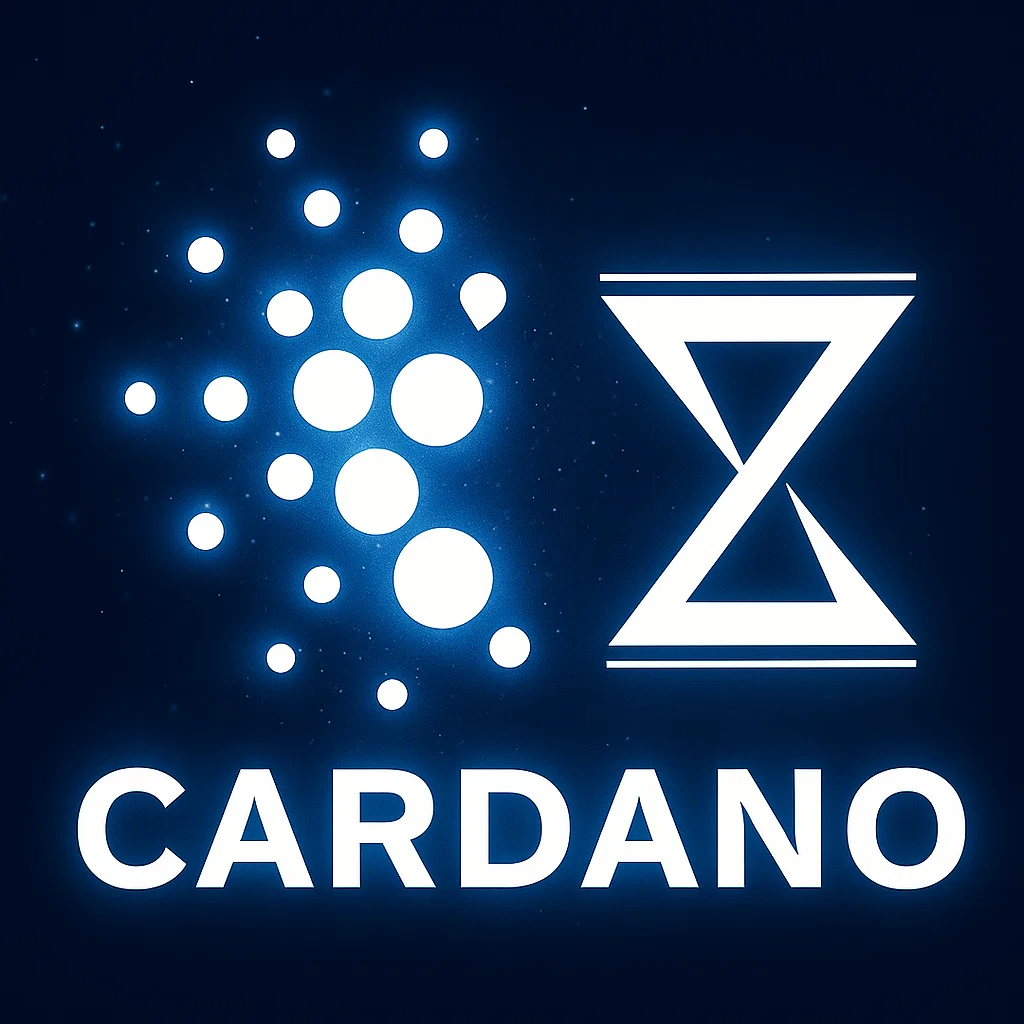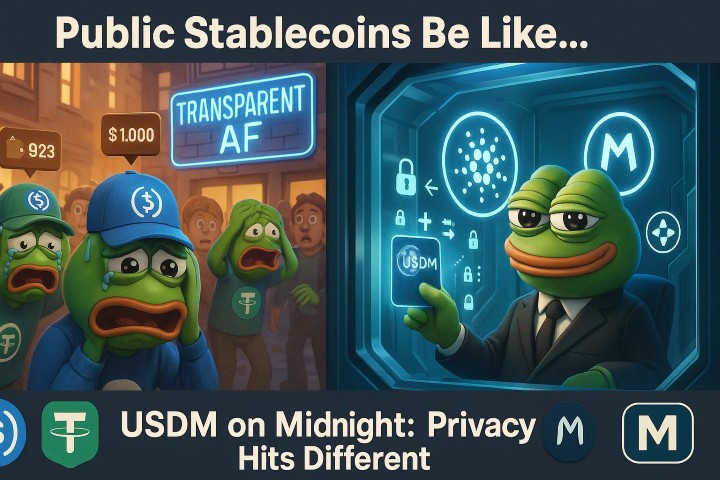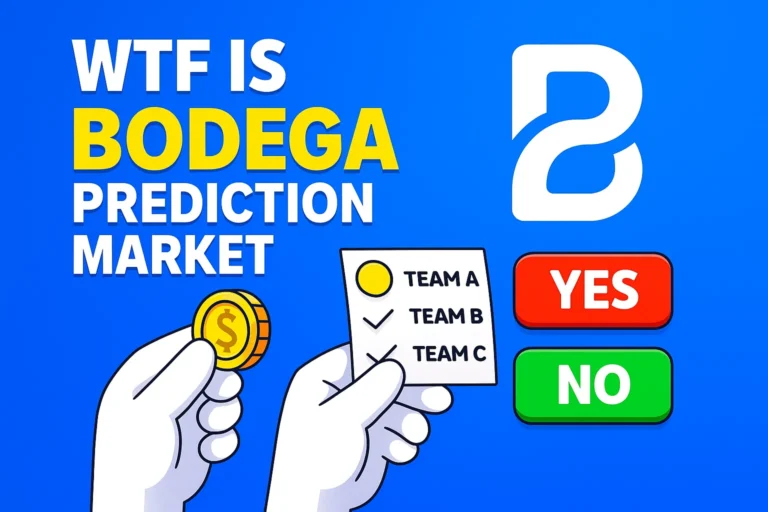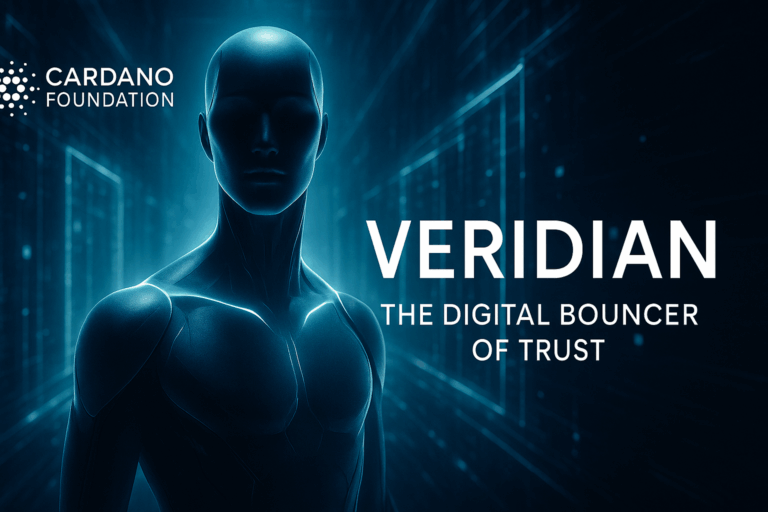You might’ve heard that Cardano partnered with the Ethiopian government to roll out blockchain-based digital IDs for 5 million students. It sounded huge — like “blockchain for good” finally hitting the real world.
But did it actually happen? Did it work? And what’s the status now?
Let’s break it down, ELI18-style. 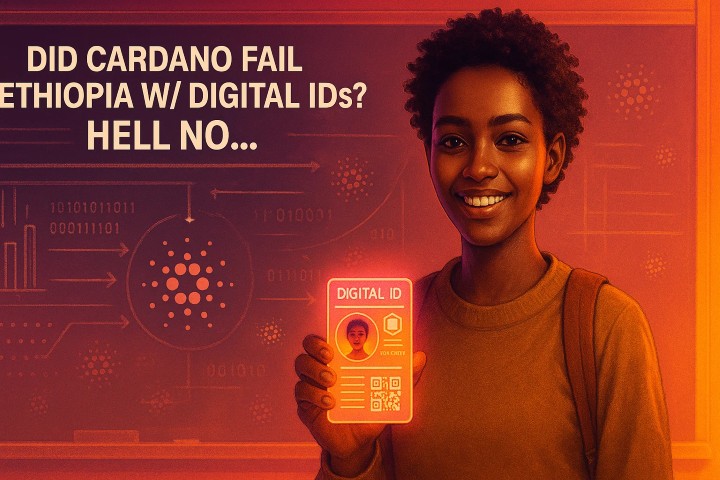
🎓 The Big Idea: Blockchain for Education
In 2021, IOHK (now IOG) signed a deal with Ethiopia’s Ministry of Education to build a digital identity solution for students. The vision:
- Issue blockchain-based IDs to 5 million students
- Track and verify academic records
- Enable tamper-proof data for universities, employers, and government
- All built on Atala PRISM, IOG’s digital ID framework
The project was meant to combat fake grades, boost transparency, and modernize the system — all while showcasing Cardano’s tech. You can also check how Cardano staking pools are evolving to support real-world utility like this.
✅ What Actually Got Done
- IOG delivered a working software platform for schools and admins
- Local engineers were trained to build and maintain the system
- Pilot deployments happened — the tech got tested in real schools
- IOG supported the project with follow-ups over two years
This wasn’t vaporware. The tech exists. People used it.
🧱 What Didn’t Go As Planned
Government-scale rollouts are hard anywhere. In Ethiopia, the challenges were even bigger:
- Poor infrastructure: unreliable internet, limited devices
- Political instability in the region
- Slow procurement and red tape
- Long adoption curve for ministries and staff
IOG calls this a “minimum viable deployment”. The core tech is there — but mass adoption needs time, people, and policy change. Not just software.
🤝 Lessons Learned
This wasn’t a failure — but it also wasn’t a full success story yet. Here’s what IOG walked away with:
- The software works
- The tech stack is now open-source
- Partnerships in Ethiopia remain strong
- The project showed what’s possible — and what’s hard — in public sector blockchain
Importantly, Cardano didn’t “announce and bounce.” IOG continued support far beyond the initial rollout — something most crypto projects don’t do. Learn more in our look at why trust matters in Cardano ecosystems.
📌 Final Vibe Check
Ethiopia was not a flashy moon mission. It was a real-world pilot that revealed how hard — and how necessary — it is to bridge blockchain and bureaucracy.
It’s not over. The foundations are there. The seeds are planted.
Blockchain doesn’t fix everything — but it’s infrastructure. And change starts here.
💡 Why ZEIT Delegators Most Likely Get Double the Rewards
Real change needs long-term focus. That’s why the ZEITGEIST Pool backs impactful use cases like Midnight and Cardano identity projects.
Do you think blockchain can really fix broken systems like education and government? Or is it too idealistic? Drop your take in the comments 👇
